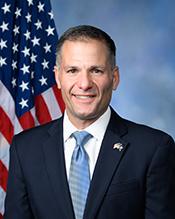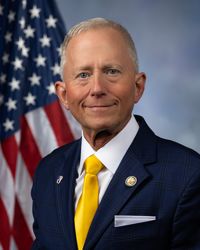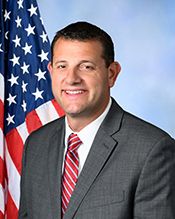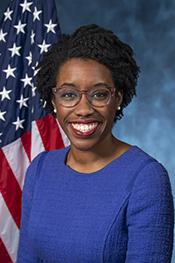0
Global Aircraft Maintenance Safety Improvement Act
3/5/2024, 8:15 AM
Summary of Bill HR 1716
Key provisions of the bill include the establishment of a comprehensive framework for the certification and oversight of aircraft maintenance facilities, as well as the implementation of regular inspections and audits to monitor compliance with safety regulations. The bill also calls for the development of standardized training programs for aircraft maintenance personnel to ensure that they are equipped with the necessary skills and knowledge to perform their jobs safely and effectively.
Additionally, the Global Aircraft Maintenance Safety Improvement Act seeks to enhance communication and collaboration between regulatory agencies, industry stakeholders, and international partners to promote best practices and information sharing in the field of aircraft maintenance. The bill also includes provisions for the reporting of safety incidents and the investigation of potential safety hazards to prevent future accidents and improve overall safety standards. Overall, the Global Aircraft Maintenance Safety Improvement Act aims to strengthen safety measures in the aircraft maintenance industry to protect the lives of passengers and crew members and ensure the continued safety and reliability of the global aviation system.
Congressional Summary of HR 1716
Global Aircraft Maintenance Safety Improvement Act
This bill addresses safety standards related to foreign aircraft repair stations.
Specifically, the bill requires that all foreign aircraft repair stations be subject to at least one unannounced safety inspection each year.
Further, mechanics and others working on U.S. registered aircraft at foreign repair stations are required to meet certain minimum certification or licensing standards. The bill also prohibits certain agreements, contracts, and application approvals related to maintenance in a country that the Federal Aviation Administration's (FAA's) International Aviation Safety Assessment program has classified as Category 2 (i.e., the country does not provide safety oversight in accordance with certain international standards).
Air carriers must submit annual reports to the FAA with respect to heavy maintenance work on aircraft (including on-wing aircraft engines) performed outside the United States.
The bill also prohibits FAA officials from traveling internationally if a previously mandated final rule on drug and alcohol testing of employees at repair stations has not been published, with specified exceptions. In addition, the bill requires the FAA to initiate rulemaking to require certain employees of foreign repair stations to undergo security threat assessments.
Finally, the bill directs the FAA to convene a foreign repair station working group with other civil aviation authorities to conduct a review of the certification and oversight of the stations and to identify any future enhancements to strengthen oversight of such stations.





